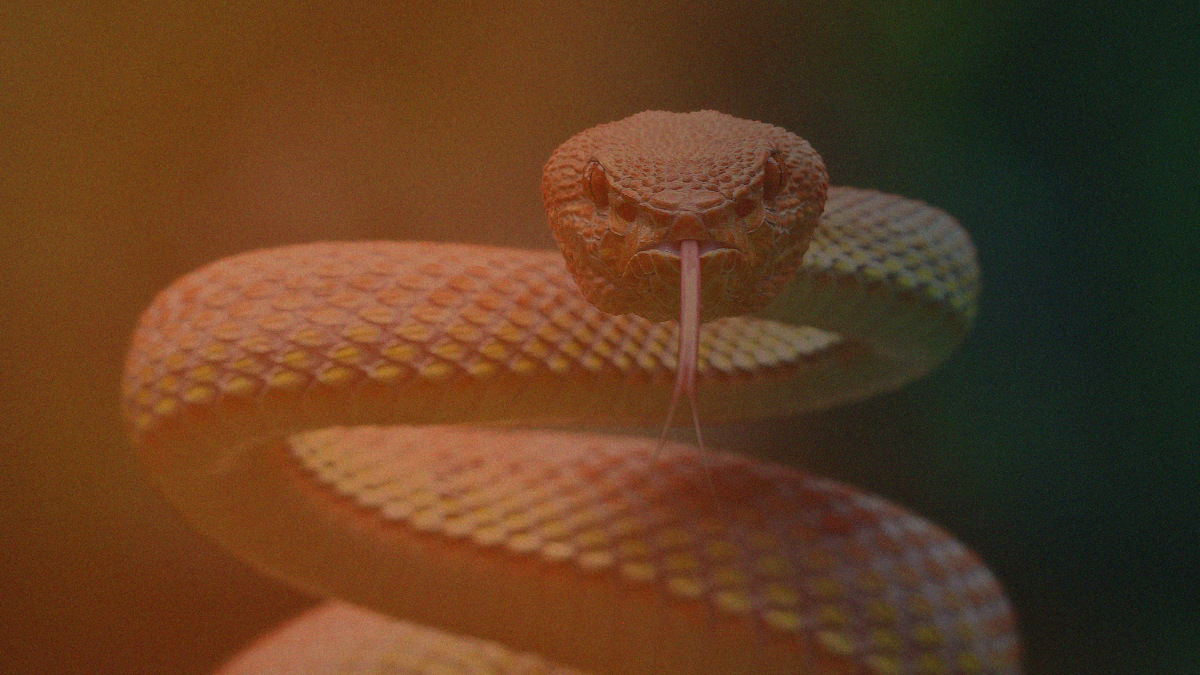Source: WRAL
It’s warmer outside and everyone wants to be outdoors. You may be one of those folks who love to be outdoors doing lawn work, hiking, or firing up the grill on a nice evening. As you are outdoors keep your eyes open for our slithery friends who love to take advantage of the warm weather and delicious treats nature provides.
If you guess snakes then you are correct. There is another not-so-fun fact about our elusive friends. Did you know North Carolina leads the nation in snakebites involving venomous and non-venomous snakes annually?
According to experts, many of these bites occur in suburban areas.
Dr. Sean Bush, an envenomation expert at Duke Health, notes a rising trend in snakebite numbers, particularly in regions densely populated by both people and snakes. He attributes a large portion of these incidents to the elusive nature of copperheads, which account for 90% of venomous snakebites statewide.
“Copperheads are masters of camouflage, often blending seamlessly into their surroundings. This stealthiness means people can unknowingly encounter them, even in their own yards,” explains Bush. Unlike more conspicuous snakes, copperheads tend to remain motionless when confronted, further increasing the risk of accidental encounters.
Dr. Charles Gerardo of Duke University Hospital reports treating numerous patients for snakebites, a common occurrence during this time of year. He emphasizes the need for prompt medical attention, as early symptoms of venomous bites include persistent pain, swelling, bruising, burning, and bleeding.
Both Duke University Hospital and other medical facilities in the Triangle area have observed an increase in snakebite cases in recent months. WakeMed, for instance, has treated around 20 patients with antivenom since April 1st, while UNC has seen an additional 20 cases, six of which occurred within the past two days.
While copperhead bites rarely prove fatal, Gerardo stresses the importance of seeking professional care promptly. He cautions against common misconceptions and harmful practices such as applying ice, cutting the wound, or attempting to suck out venom.
Instead, Gerardo advises victims to remain calm and keep the affected area immobile until medical help arrives. He also warns against complacency, noting that mundane tasks like taking out the trash can inadvertently lead to snake encounters, particularly during dusk or evening hours.
In the event of a snake sighting, experts recommend maintaining a safe distance and allowing the snake to retreat naturally. If you see a snake please respect it and get assistance if needed, local authorities or professional removal services can be contacted for help.
In many parts of our state we share territory with nature so please be advised that you may not be the only one occupying the area when outside.
Read more about snake bites here.





